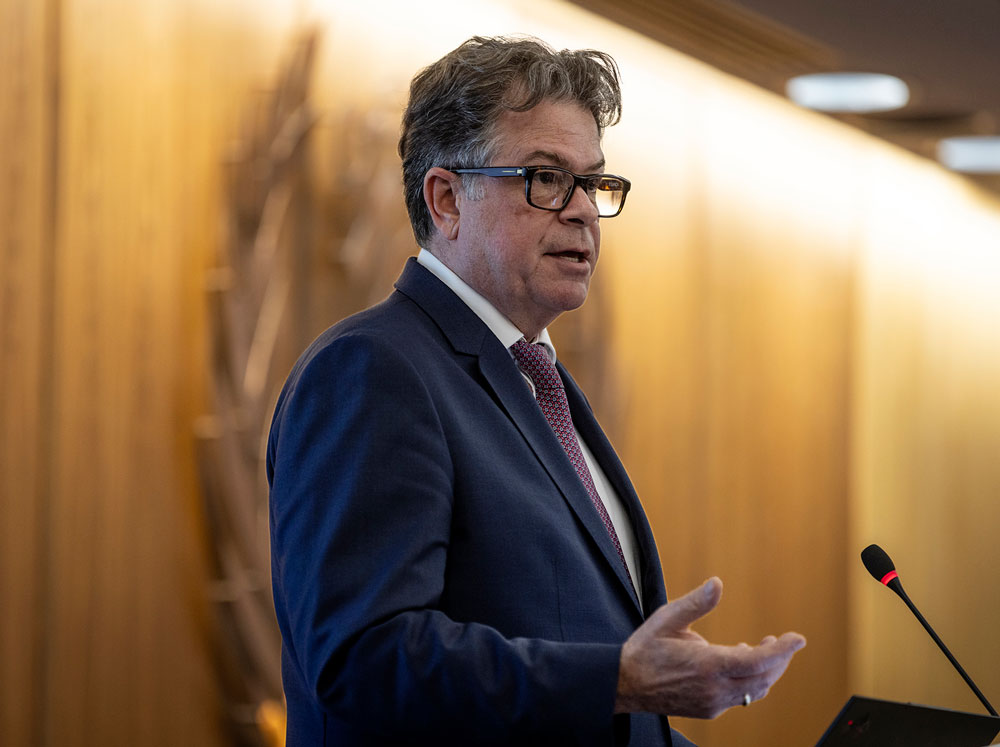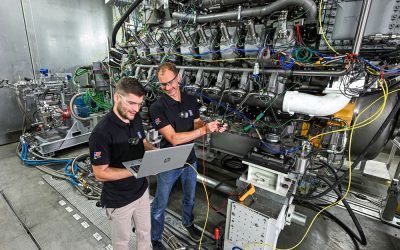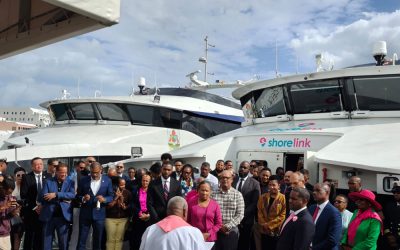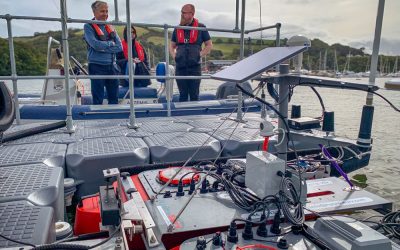The Naval Architect recently caught up with Mikal Bøe, CEO of CORE POWER, for an exclusive, in-depth interview focusing on the potential adoption of nuclear power within the commercial shipping sector.
Since its formation in 2018, CORE POWER has pushed the development and deployment of advanced nuclear energy technologies, specifically modular molten salt reactors (MSRs) and floating nuclear power plants (FNPPs).
“To save fuel and reduce emissions, the global shipping fleet is sailing at its slowest average speed since the launch of the first diesel engine,” Boe told The Naval Architect. “The fleet is becoming less competitive and, with the increased cost of emissions compliance, it will also become more expensive to run.
“Nuclear-powered ships are not constrained by fuel consumption or emissions concerns; they emit nothing and can operate at their design speed without refuelling, enabling faster transoceanic voyages with minimal downtime. Nuclear-powered ships offer a host of additional benefits, from reverse cold ironing to creating new career opportunities for the next generation of marine engineers and ship’s crews.
“The market opportunity for nuclear-powered ships is nearly US$3 trillion, as the global fleet ages and conventionally powered vessels are replaced by nuclear-powered ships to meet emission-reduction targets of 70% by 2040.”
In the interview, Bøe also addressed areas such as international regulations and insurance, waste disposal and best end-of-lifecycle practice, and especially public attitudes towards nuclear power.
Bøe is resolute in his belief that “fearlessly using nuclear technology is essential to combatting the real dangers we face, including water, food and energy shortages, and maintaining social stability”. Regarding nuclear energy’s relative pariah status compared to other alt-fuels, he added: “The historical record should be re-examined…an important question is how society has persisted with such a gross misperception for 70 years.
“The work to educate the public about the real effects of nuclear energy is not ours alone. We therefore strive to work with organisations and groups that are dedicated to scientific truth and good scientific communication.”
Don’t miss the full interview in the May 2025 issue of The Naval Architect – click here for info on how to subscribe.




